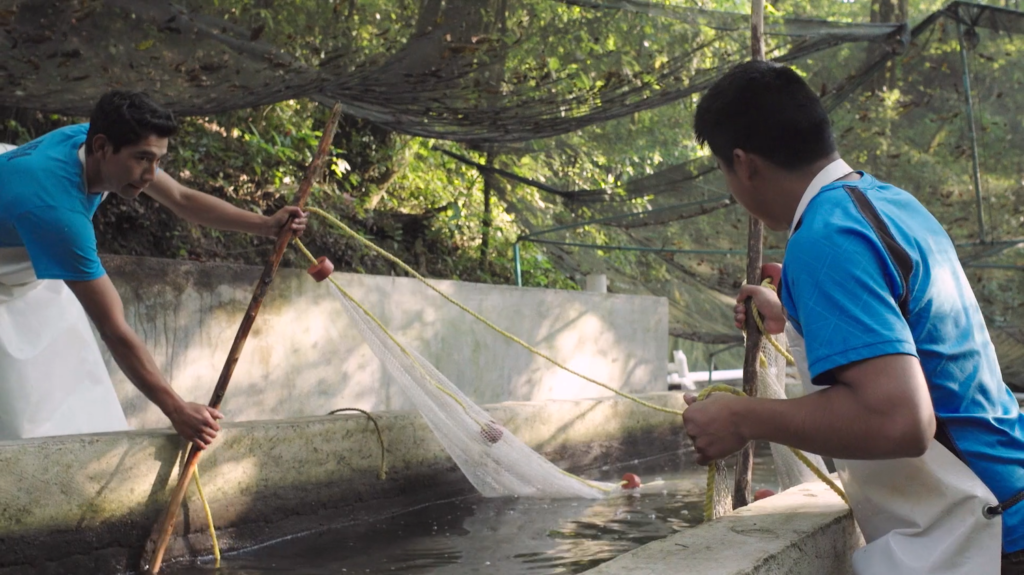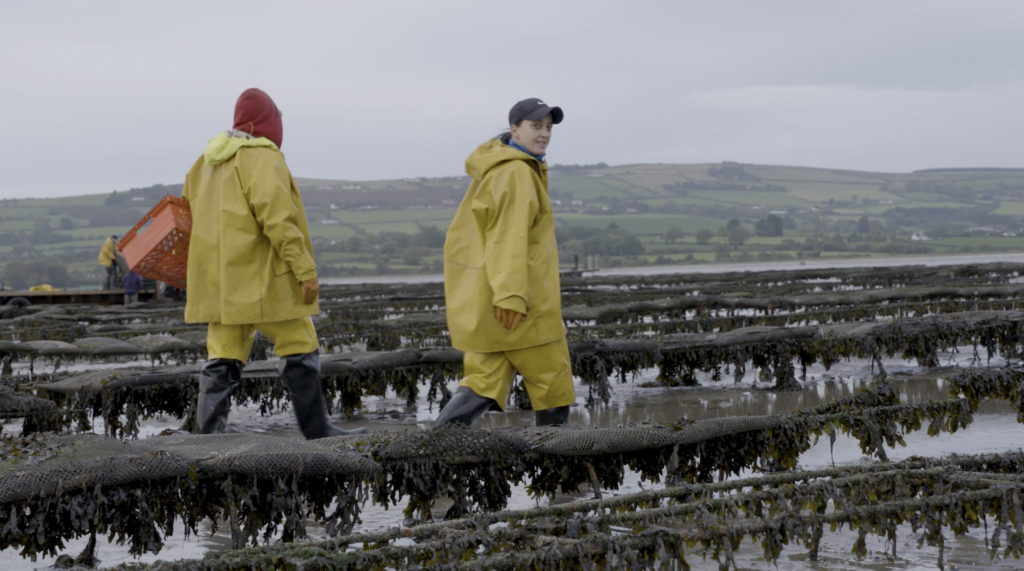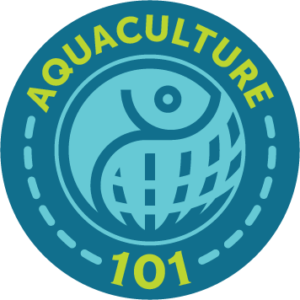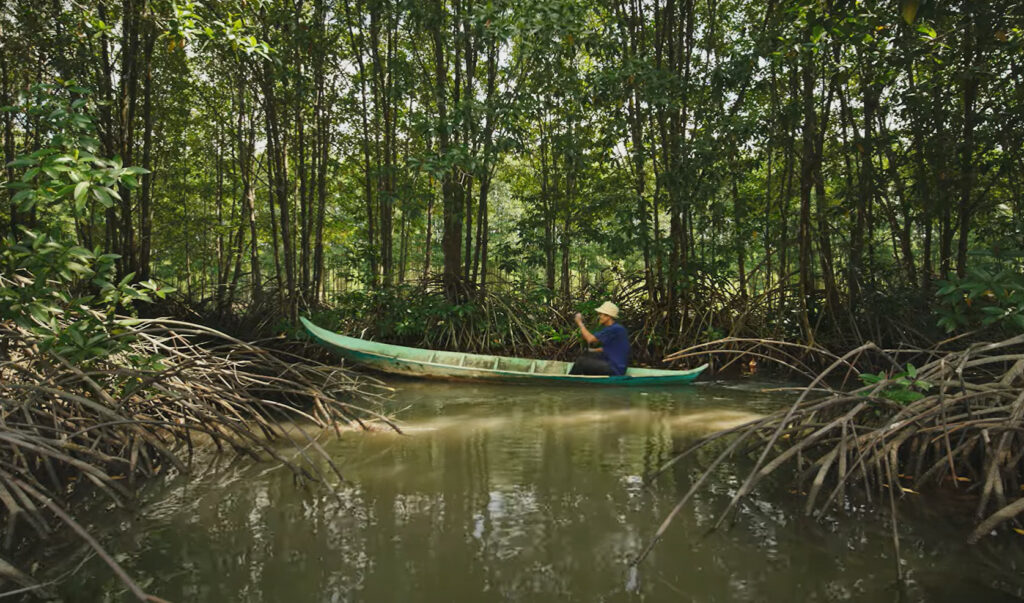Aquaculture’s Social Responsibility
 Editor’s note: This post is part of the Aquaculture 101 series. Aquaculture 101 is an educational campaign that the GSA is carrying out throughout 2019. The mission of the campaign is to spread awareness about basic aquaculture facts and information to those who might not know about aquaculture, or those who might be skeptical of farmed fish. Each month, a blog post, short video, and infographic is released on the GSA website and is shared across social media with the hashtag #Aquaculture101.
Editor’s note: This post is part of the Aquaculture 101 series. Aquaculture 101 is an educational campaign that the GSA is carrying out throughout 2019. The mission of the campaign is to spread awareness about basic aquaculture facts and information to those who might not know about aquaculture, or those who might be skeptical of farmed fish. Each month, a blog post, short video, and infographic is released on the GSA website and is shared across social media with the hashtag #Aquaculture101.
Aquaculture is one of the world’s fastest growing industries, and the fastest growing sector of the food production industry. Fish farming provides an alternative to overfished populations of the oceans, while simultaneously providing a healthy source of protein, as well as economic development and employment.
The fishery and aquaculture industries employ about 820 million people worldwide, which is approximately 12 percent of the world’s population. Three billion people rely on seafood as their primary source of protein. Seafood is not only a dietary staple for many people, but its consumption is cultural and provides employment opportunities.
Sustainability and social responsibility
As the aquaculture industry continues to rapidly grow, sustainability throughout production has increasingly become a top priority for producers. Within the past decade, the meaning of the word “sustainability” has expanded beyond just environmental impact — the broader sense of the word encompasses social responsibility, as well. Now that producers have a better understanding of environmental sustainability, more energy can be focused on social issues.
 With aquaculture’s unprecedented growth over the past few decades, the sector has experienced growing pains with respect to the environment and social issues. Some of these problems have been human rights violations on fishing vessels, bad labor conditions in processing facilities, conflicts over natural resources, and outcompeting smallholders as the industry grows.
With aquaculture’s unprecedented growth over the past few decades, the sector has experienced growing pains with respect to the environment and social issues. Some of these problems have been human rights violations on fishing vessels, bad labor conditions in processing facilities, conflicts over natural resources, and outcompeting smallholders as the industry grows.
The first step to fixing these problems is to recognize exactly what they are. There has not been widespread governmental regulation of these important, urgent issues within aquaculture, and this gap has been filled by certification programs.
Aquaculture and certification programs
The industry’s struggles in the past are well-known. Producers are working to be as transparent as possible with these problems. This transparency has been created and upheld by certification programs.
 Certification programs have identified reoccurring problems across the industry and have used them to create standards to prevent them from happening in the future. They give producers the structure they need document best practices. There are consequences if these best practices are not met. The Best Aquaculture Practices certification program, a division of GSA, awards certifications only to producers who meet the strict standards on social accountability (as well as environmental impact, animal welfare and food safety).
Certification programs have identified reoccurring problems across the industry and have used them to create standards to prevent them from happening in the future. They give producers the structure they need document best practices. There are consequences if these best practices are not met. The Best Aquaculture Practices certification program, a division of GSA, awards certifications only to producers who meet the strict standards on social accountability (as well as environmental impact, animal welfare and food safety).
Unfortunately, not every producer is certified by one of these programs. Social issues do still happen. Ideally, aquaculture producers will not commit any human rights violations. Should these events occur, to be socially responsible, victims must have access to appropriate and effective care. Also, proper repercussions should be given to the perpetrator.
Like other industries that grow rapidly, aquaculture is still adjusting as to how best to approach the social issues that arise. Transparency into the industry, coupled with the work certification programs do, will continue to drive social responsibility in aquaculture. For the good of the aquaculture industry’s employees, and for farmed seafood to be respected as a food source, social responsibility is an ideal all producers must be working toward.
Learn more in our “What is social responsibility in aquaculture?” video.
Read more of our Aquaculture 101 series and check it out on social media with the hashtag #Aquaculture101!





